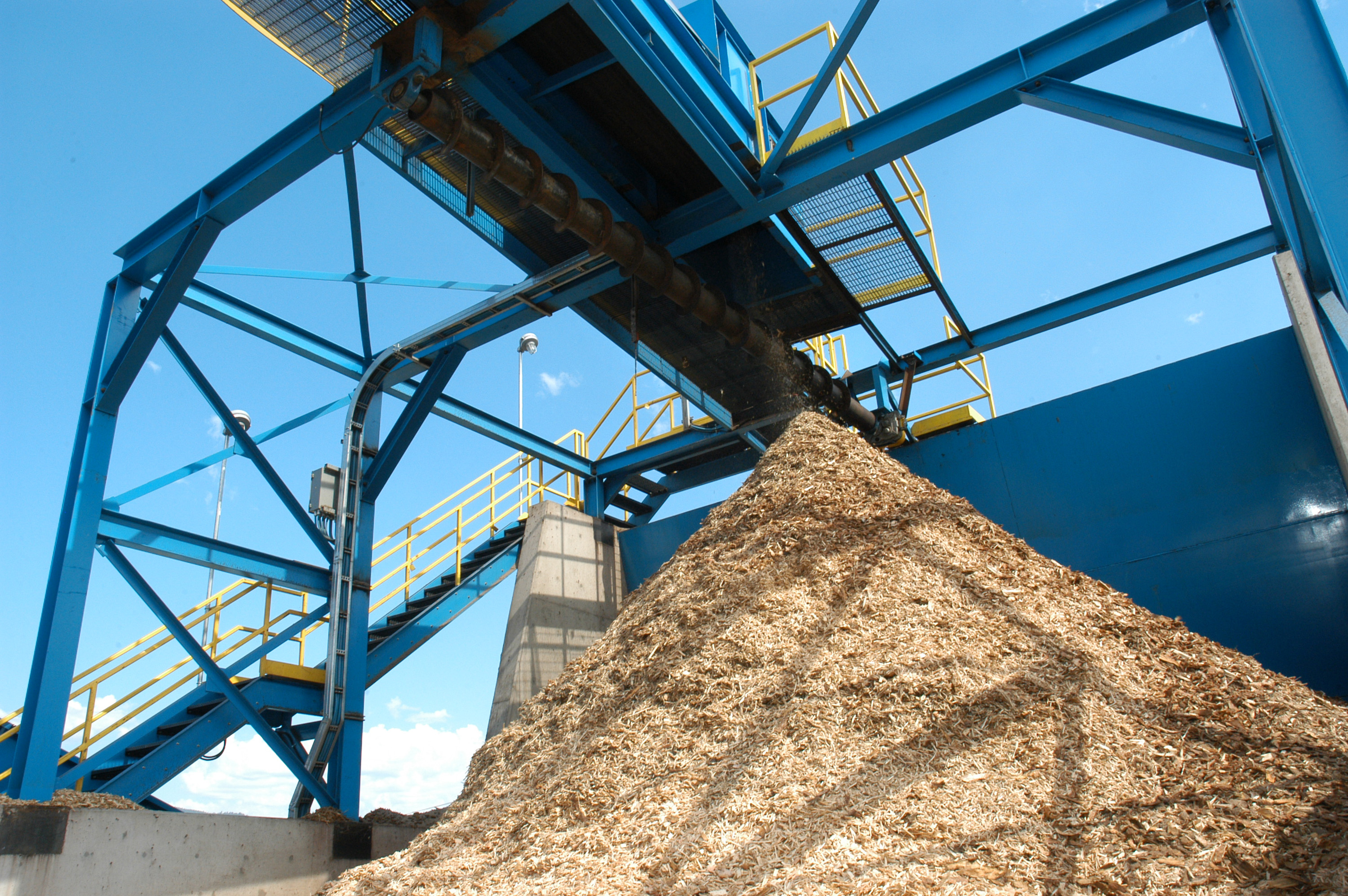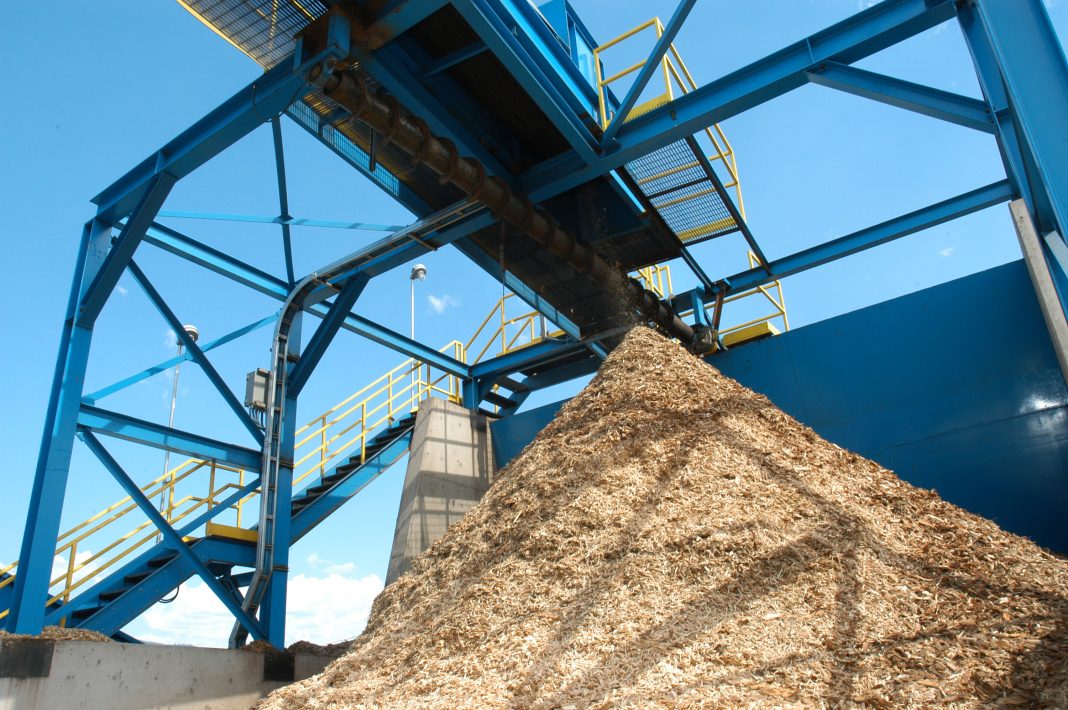 Australia’s Push to Become a Major Exporter of Biofuels
Australia’s Push to Become a Major Exporter of Biofuels
Australia is setting its sights on becoming a major exporter of biofuels, capitalizing on its comparative advantage in supporting the production of this renewable resource. To achieve this goal, the University of South Australia (UniSA) is collaborating with Chinese experts to develop a sustainable biofuel industry in both countries.
This partnership comes on the heels of a significant federal budget allocation of $1.7 billion (US$1.1 billion) to prioritize renewable fuels for the aviation industry over the next decade. The Australian Trade and Investment Commission (ATIC) recognizes Australia’s potential as a biofuel exporter due to its abundant bio feedstock and untapped market.
UniSA Aviation professor Shane Zhang emphasizes the importance of sustainable aviation fuels (SAFs) in reducing carbon emissions and achieving net-zero greenhouse gas emissions by 2050. SAFs have the potential to cut carbon emissions by up to 80%, making them crucial for the aviation industry’s sustainability.
The Albanese government is also committed to supporting the growth of SAFs and biofuels in Australia. They have allocated $18.5 billion over four years to develop a certification scheme for sustainable aviation fuels and renewable diesel. Additionally, $1.5 million will be invested in a two-year analysis to assess the costs and benefits of introducing mandates.
The Commonwealth Scientific and Industrial Research Organisation (CSIRO) affirms that SAFs can help Australia achieve its net-zero emissions target by 2050 while creating new employment opportunities. As air travel demand is expected to surge in the coming decades, investing in SAFs is not only environmentally responsible but also economically advantageous.
To advance the commercialization of sustainable aviation fuels, Professor Zhang and his Chinese counterparts will organize eight events in China and Australia over the next two years. These events aim to explore how standard SAFs can be successfully implemented in both countries.
Although SAFs are still in their infancy, their demand is projected to rise as more countries consider mandating their use to combat climate change. Biofuel firms are investing over $1 billion to build China’s first plant for converting wasted cooking oil into aviation fuel, addressing both local demand and export opportunities.
The partnership between UniSA and select Chinese experts is poised to capitalize on the untapped bio feedstock and other resources in both countries. While Australia is among the few nations globally supporting the transition to SAFs, there is currently no mandate in place. However, the financial commitment to developing a local industry, coupled with growing demand from corporate Australia, demonstrates confidence in the domestic production of biofuels.
Qantas, for instance, has witnessed 11 businesses opting to pay a premium for sustainable aviation fuels through its corporate sustainable aviation program, signaling a shift away from traditional carbon offsets. This growing demand from corporate Australia further underscores the positive momentum for biofuels in the country.
In conclusion, Australia’s ambitions to become a major exporter of biofuels align with its comparative advantage in supporting biofuel production. Collaborating with Chinese experts and investing in sustainable aviation fuels not only contributes to environmental sustainability but also opens up new economic opportunities. With growing demand and increasing support from both government and corporate sectors, Australia is well-positioned to become a global leader in the biofuel industry.


